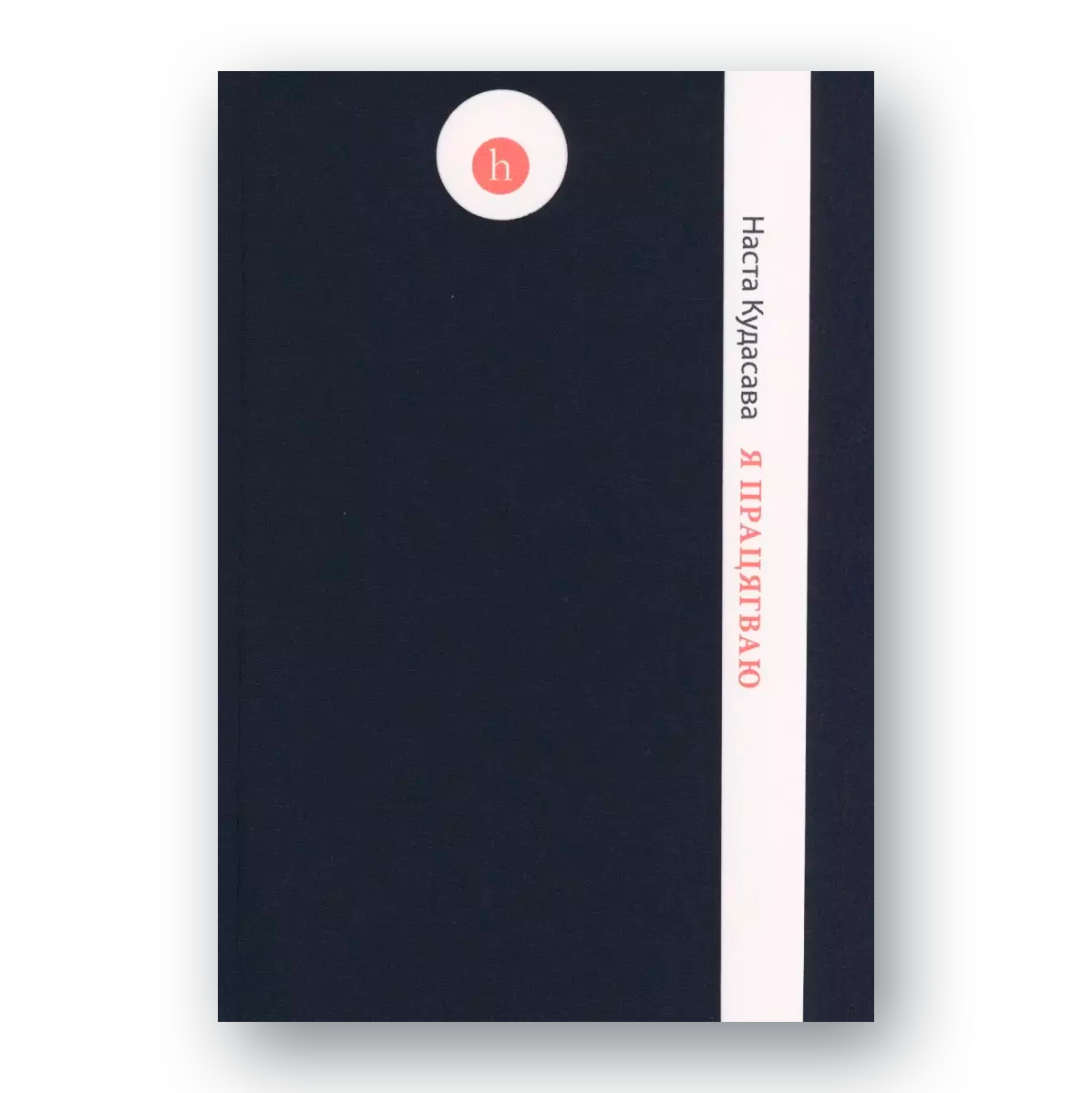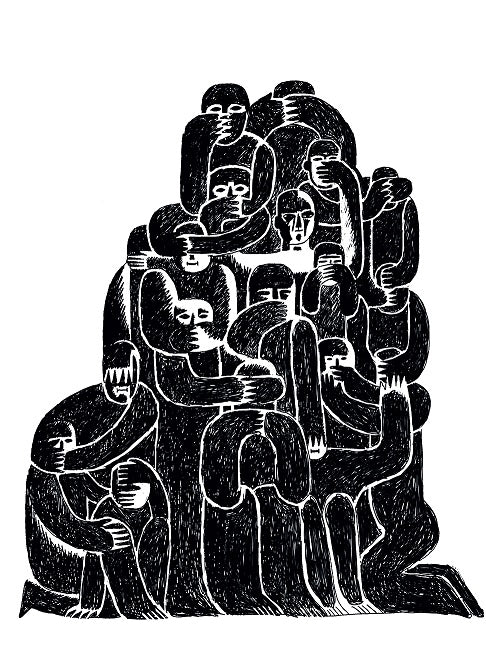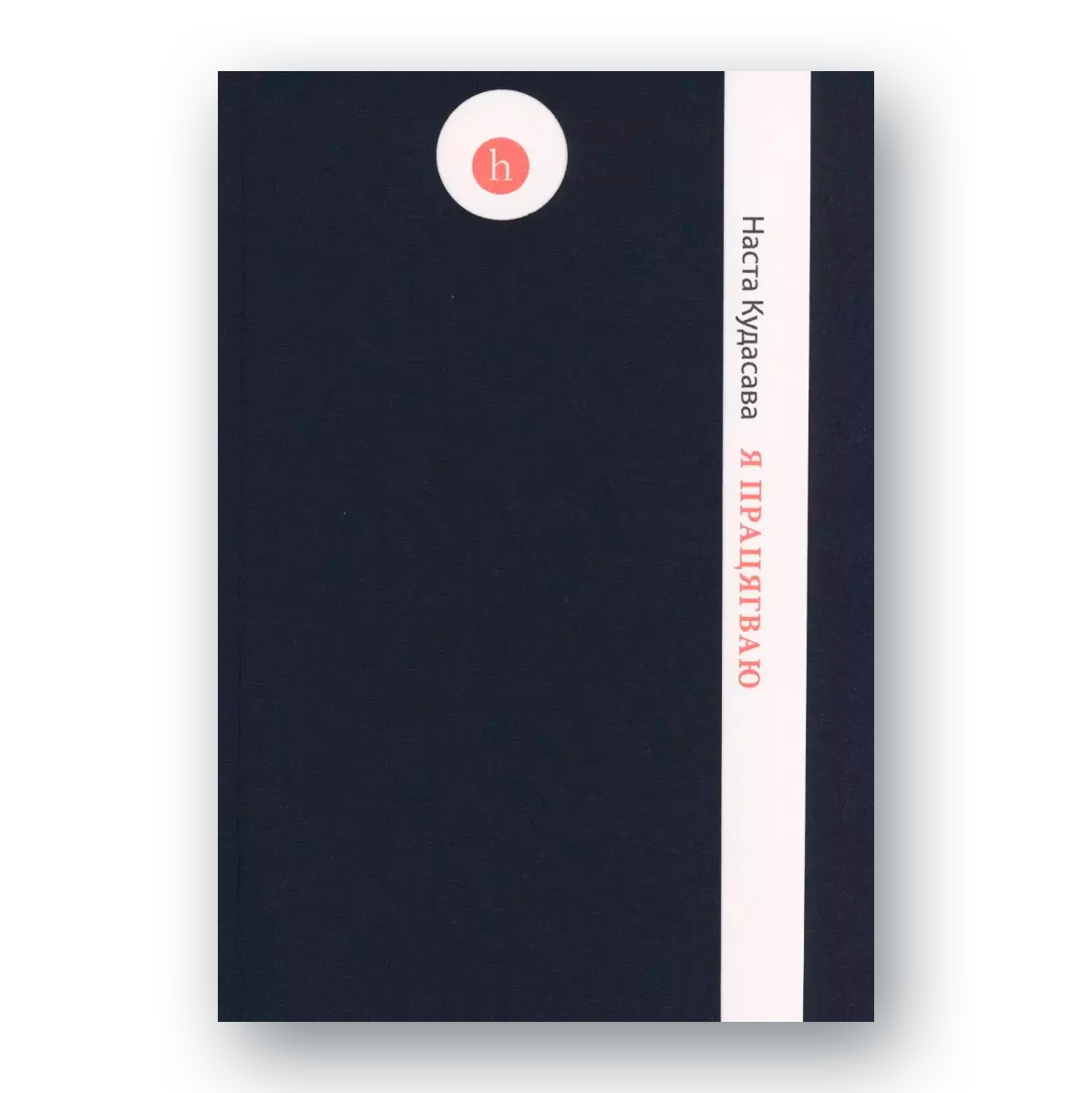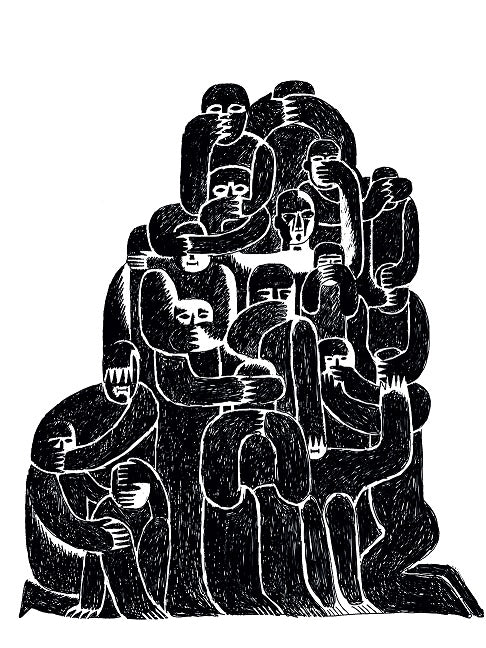hochroth Minsk
I continue.
I continue.
Аўтар: Anastasia Kudasova
Ілюстратар: Olga Prankevich
Low stock: 1 left
Couldn't load pickup availability
Мова: Belarusian
Старонак: 41
Год выдання: 2023
Вокладка: soft
ISBN: 978-3-949850-16-5
The book includes poems written from August 20, 2020 to December 26, 2022.
“I continue,” as if “I am leaving,” is a call that mentions both a famous meme of 2020 and poetic inspiration, pain, personal and civil. The title chosen for Nastya Kudasova’s new poetry book reflects the time in which the poems were written: August 20, 2020 - December 26, 2022. These are perhaps the darkest pages in the history of post-Soviet Belarus.
They are translated into the coordinates of eternity by the classical poetic form, the unique intonation, which intertwines motifs of the Silver Age of Russian poetry and the traditions of national folklore, references to the Bible and pagan spells, and, of course, the visual decoration created by the artist Olga Prankevich.
At the same time, something new is visible in the author's creative manner - bright social notes that break into the lyrical diary in the guise of our time of violence and terror. Let's add: existential stoicism, tense expectation and responsibility for Life. The latter seems very important (if not fundamental) for the lyrical heroine - a mature woman, with a sense of the need to protect the World.
Nasta Kudasova is a Belarusian poet and translator. She was born on May 25, 1984 in Rogachev, Gomel region. She is the author of the poetry books "Letters from My Hands" (2006), "Fish" (2013), "My Unspoken" (2016), "Spring. Close to the Mouth" (2021), "See You" (2022). She translates poetry from Russian, Ukrainian, and Udmurt into Belarusian. She received the Belarusian PEN Center's "Book of the Year 2016" award for the collection "My Unspoken", the "Transparent Aeolus" award (2018) in the nomination "Best Poetry Publication of the Year", and the Mikhas Streltsov Literary Award in 2021. Winner of the Magdalena Radziwiłł Scholarship for female writers and translators (2018), winner of the first Uladzimir Karatkevich Festival (2019). Her poems have been translated into Polish, Czech, Ukrainian, Lithuanian, and other languages.




